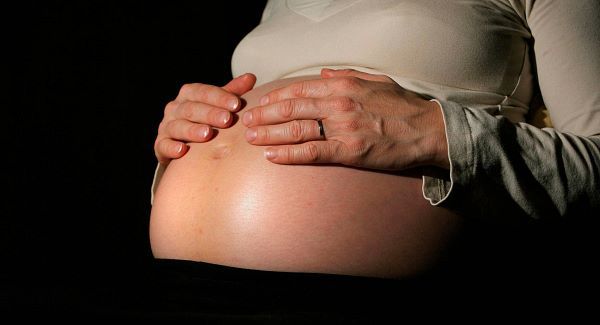One in six pregnant women in Ireland is at a probable risk of depression, researchers have found.
In the first study of its kind, academics also found a higher risk of depression among poorer and younger mothers-to-be, as well as those who already have children.
They warned that antenatal screening for depression is not routine in Ireland, despite increasing scientific evidence that the condition can lead to complications during labour as well as low birth weight.

Depression in pregnant women is also suspected of having an impact on the baby’s development and an increased risk of mental health problems in childhood and later life.
Veronica O’Keane, a professor of psychiatry at Trinity College Dublin who headed the research, said women in Ireland should be screened for depression early in their antenatal care plan and should be encouraged to seek help.
“Properly caring for the mental health of women during pregnancy protects the longer-term mental health of both mother and child,” she said.
“Antenatal depression, as we are seeing with this study, is common.
“Rates of depression during pregnancy among women in Ireland are at least as high, and probably higher, than in other EU countries.”
The Well Before Birth study questioned 5,000 women at all stages of pregnancy attending six hospitals in Dublin, Cork, Limerick and Mayo between January and September this year.
It found depression rates in Ireland are “high” and may be higher than other western countries.
Key findings include:
:: 16% of women attending maternity services were at probable risk of depression.
:: Risk of depression increased as pregnancy advanced; 12.9% of women are at risk in the first trimester, 13.8% in the second and 17.2% in the third.
:: 22% of women under 18 were at risk of depression.
Ms O’Keane added that hormonal changes that happen during pregnancy can contribute to the development of depression.
“This is why it is so important that depression is screened for during pregnancy and that women are encouraged to look for support,” she said.
“If we don’t do this as a systematic part of our antenatal care plan, we are putting women at risk, not only of suffering distress, but of being compromised before birth and so less able to cope with the additional stresses of caring for a baby.”


